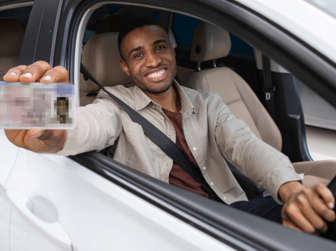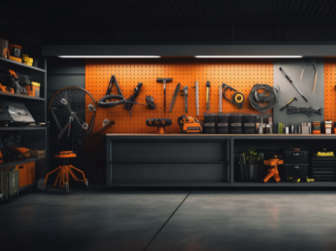You’re probably not even aware that some of your driving habits could be causing you unnecessary wear and tear. Read on to find out the things you shouldn’t be doing when you drive.
Revving the engine when it’s cold
Revving a car when it’s cold causes swift temperature changes that could damage components. Rather wait a minute or two after your car starts so that the oil can heat up and distribute throughout the engine, for best performance.
Resting your hand on the gear lever
It might feel cool and comfortable to leave your hand on the gear lever when you’re driving in a manual car, but at the same time it puts pressure on the transmission, which could cause it to wear prematurely.
Driving on empty
If you regularly leave your tank on empty, your car will draw its fuel from the bottom of the tank where impurities, dirt and residuals have accumulated. These can then be absorbed by the fuel pump when the level is low, which will shorten the life of your fuel system. Rather fill up before you even hit that warning light. Constant low fuel levels also cause the fuel to become warm, which results in the pump running hotter than it should. This can cause early pump failure.
Forgetting the hand brake
The hand brake is not an optional extra, even when you’re parked on a flat surface. Not engaging the parking brake puts the weight of your car on a lock in the engine output shaft, causing it to wear out faster. Using the parking brake evens out the load, and helps components to last longer.
Riding the clutch
Riding the clutch can cause clutch failure as it causes heat build-up and premature wear to the release bearing, release arm and pressure plate.
Doing hard starts and stops
Hard acceleration not only burns more fuel, but it places a heavy load on your car’s components. Heavy braking causes quick wear to the brake pads and rotors, and can be dangerous and cause a collision if you’re not able to reach a stop in good time.
Riding the brake
It might feel safe to keep your foot on the brake, especially when going downhill, but this can lead to the brake overheating and wearing out. Rather switch to a lower gear.
Carrying a heavy load
When you exceed your vehicle’s weight capacity, it wears out your engine, suspension, steering, tyres and transmission. It also impacts the fuel economy, and even if you’re not overloaded, it will help to offload anything you don’t need in your car for better fuel efficiency.
Changing from reverse to drive without stopping completely
Avoid switching from reverse to drive while you’re still going backwards, as this puts strain on your car’s components when it’s forced suddenly to move in another direction.
Ignoring warning lights and signs
If you hear a rattle, or get a notification on your dashboard that something needs attention, don’t ignore it. You could save money by tending to the problem sooner than later, and prevent accidents too.
The six best winter road trips around Cape Town
How to switch your car insurance


